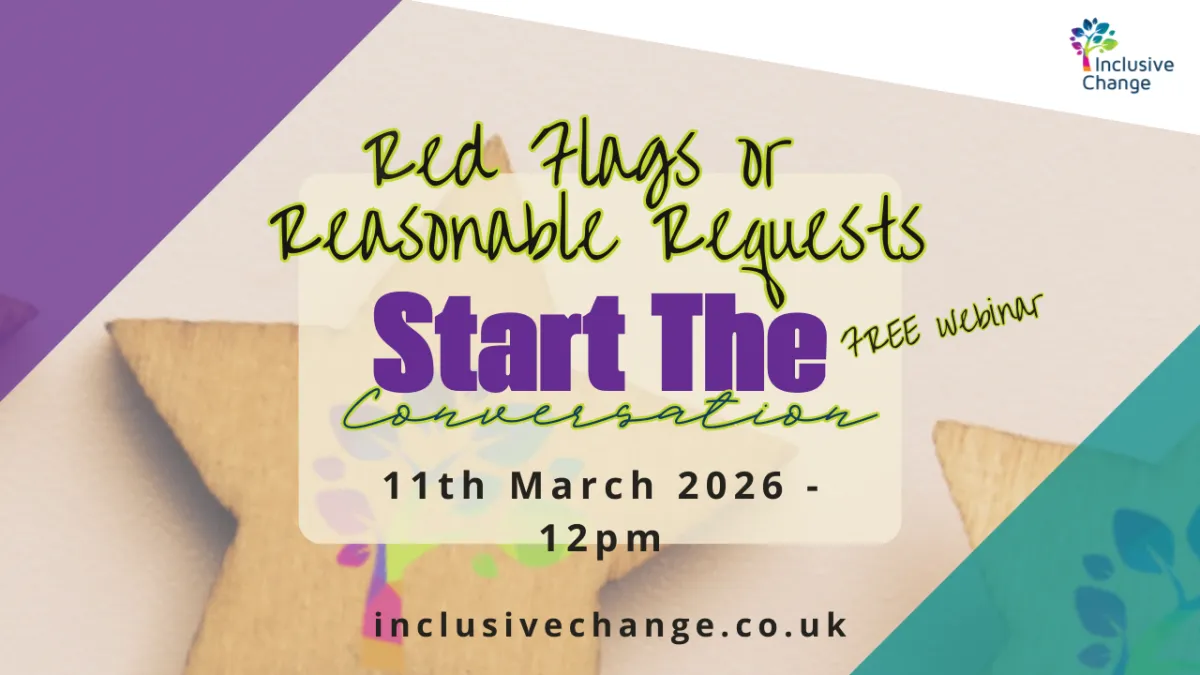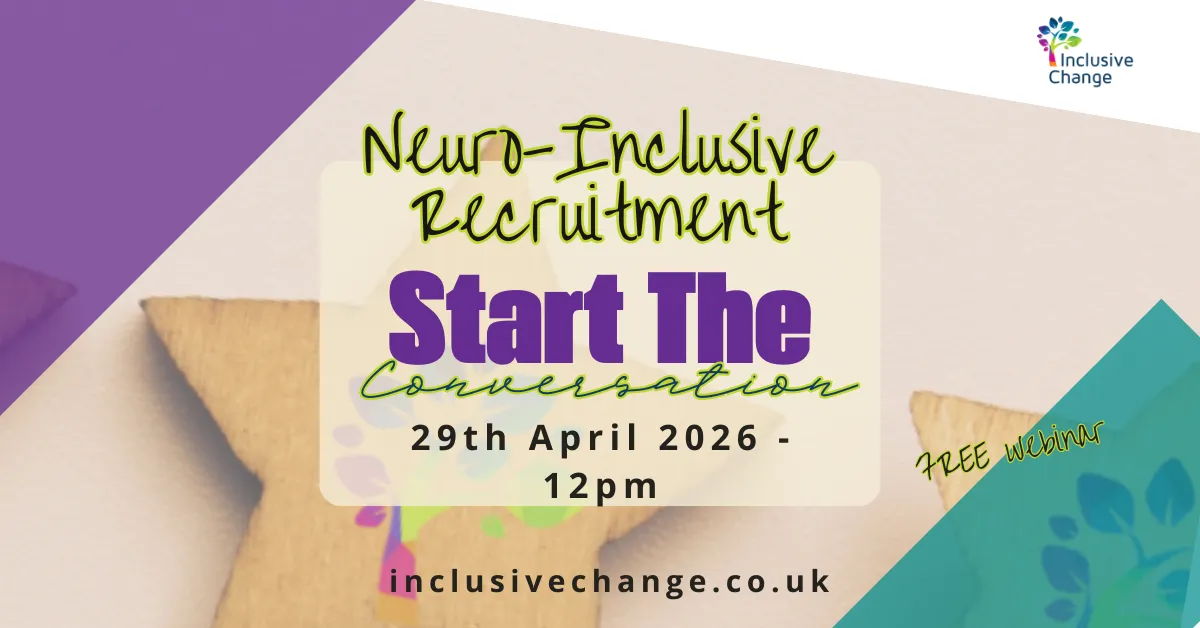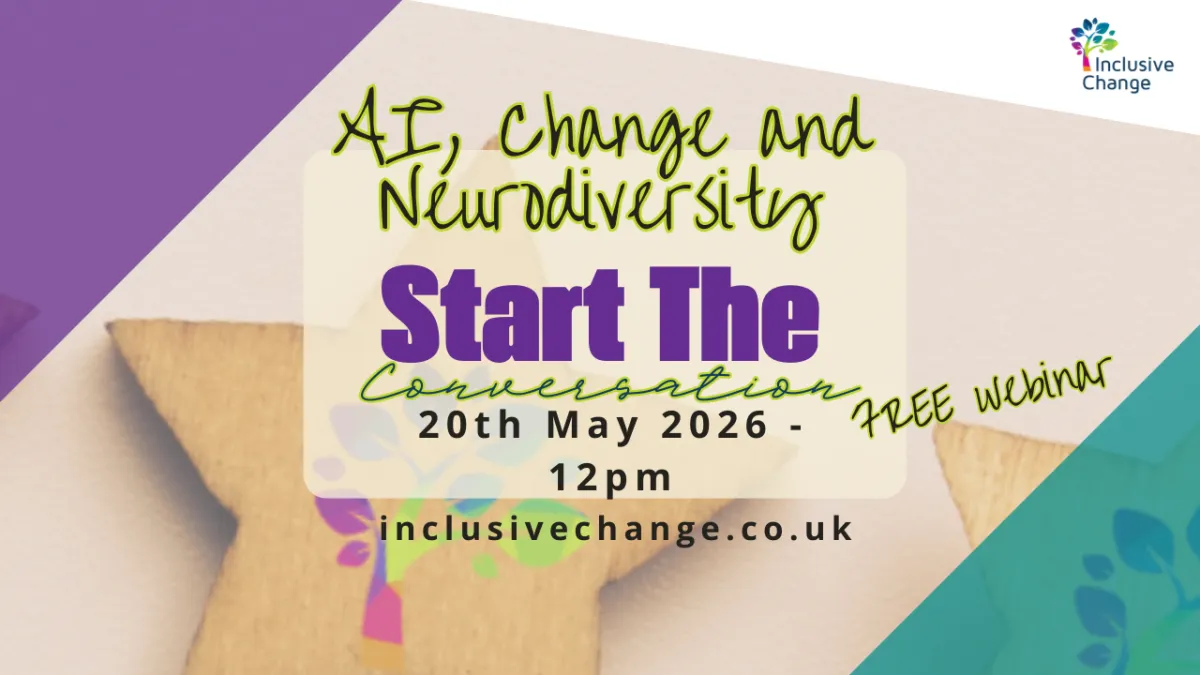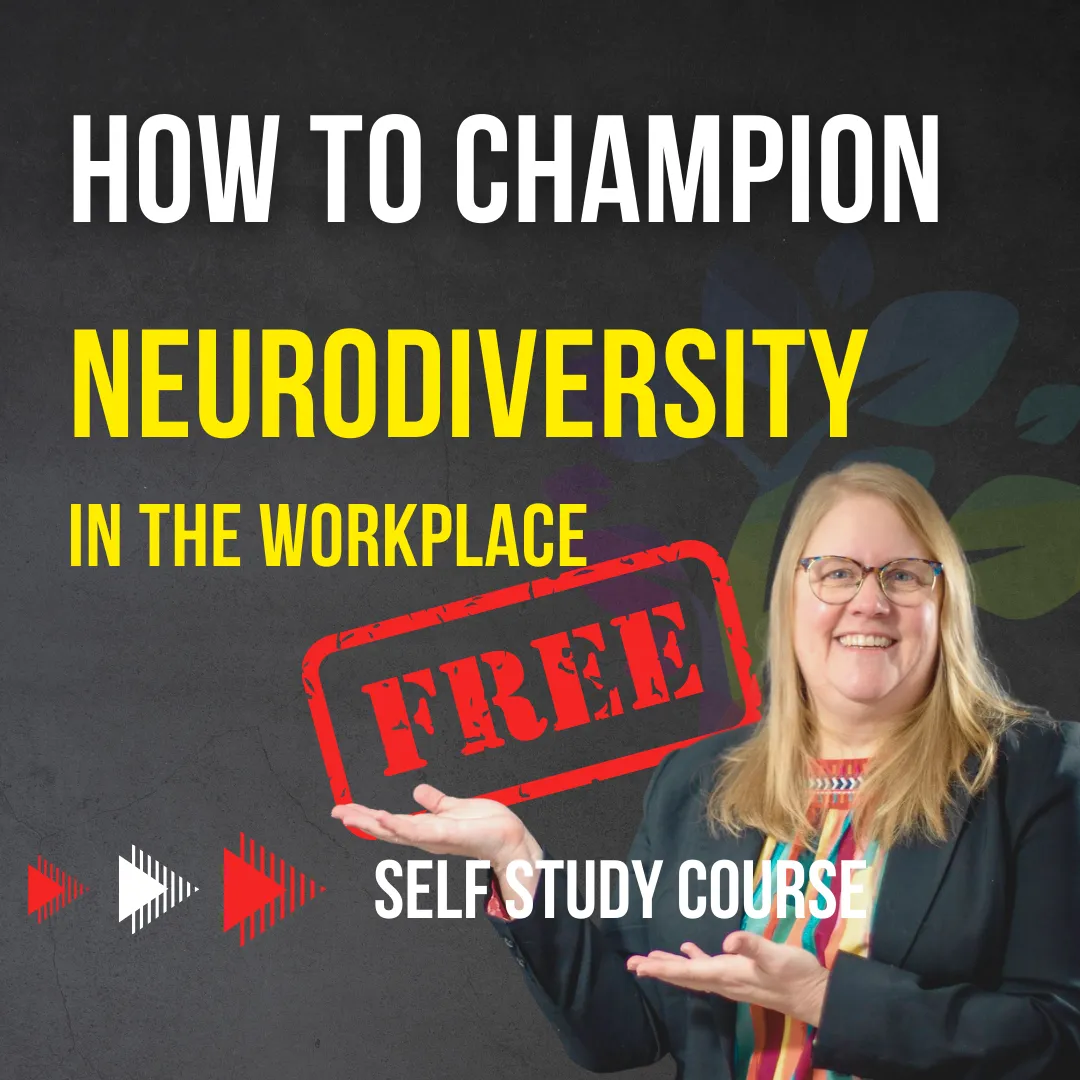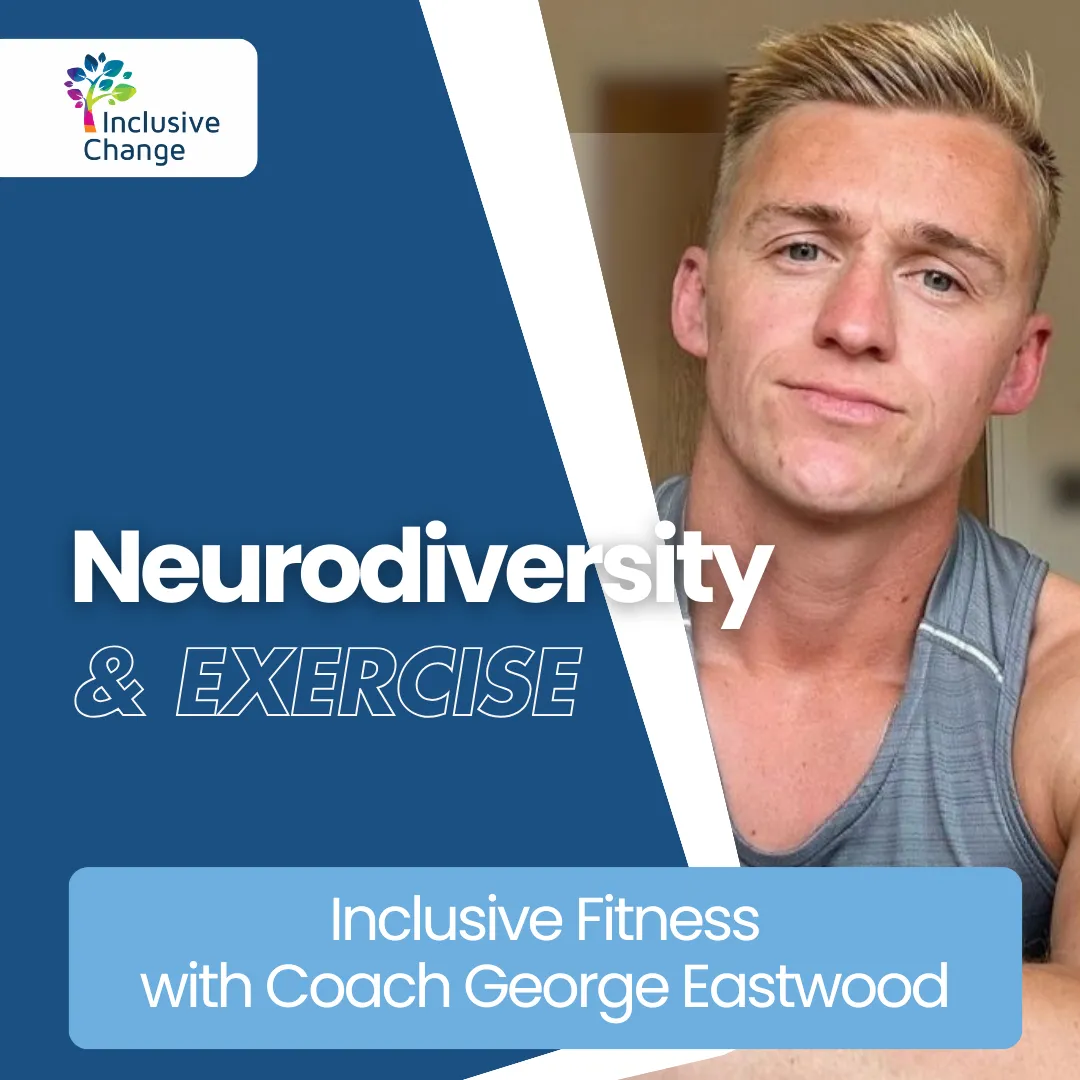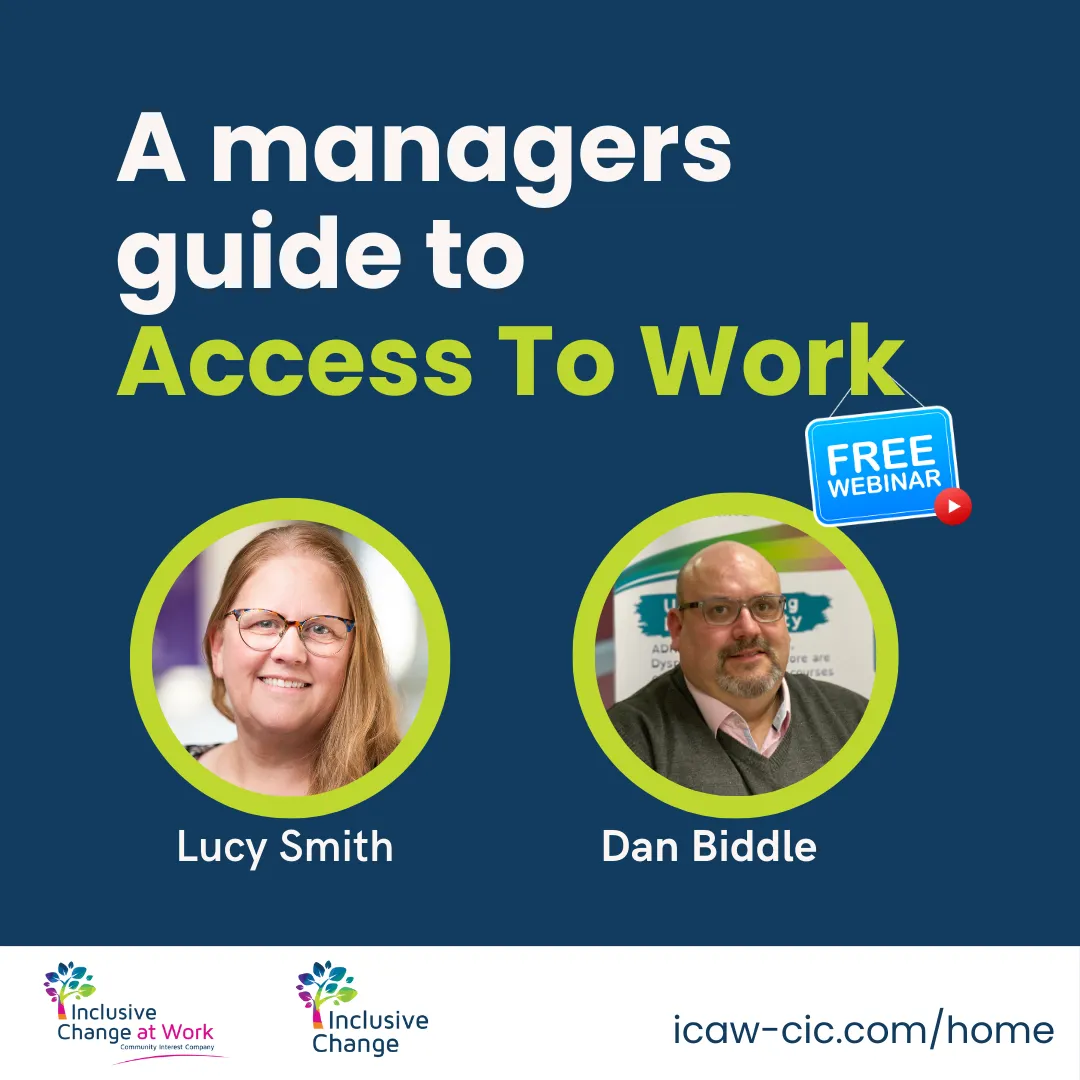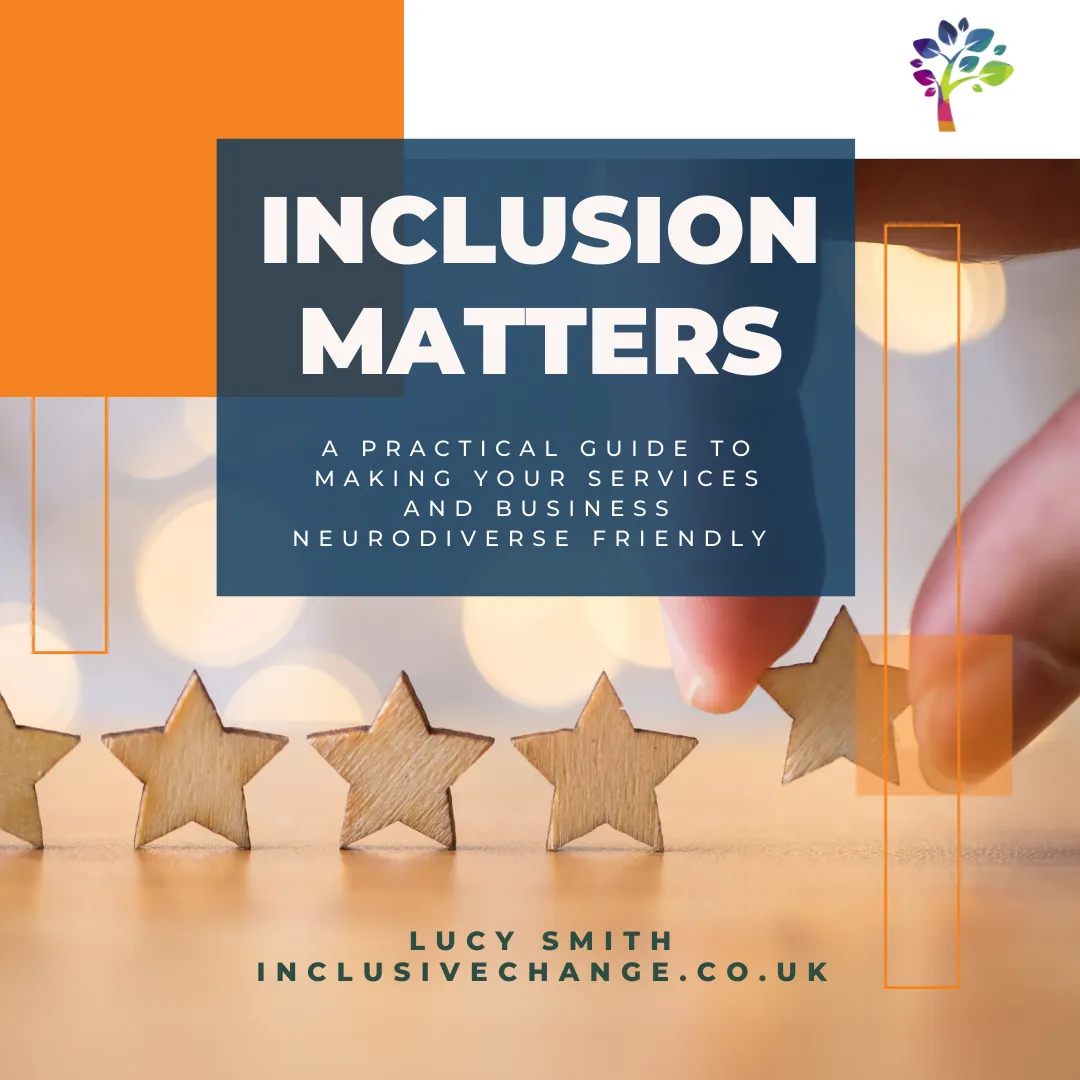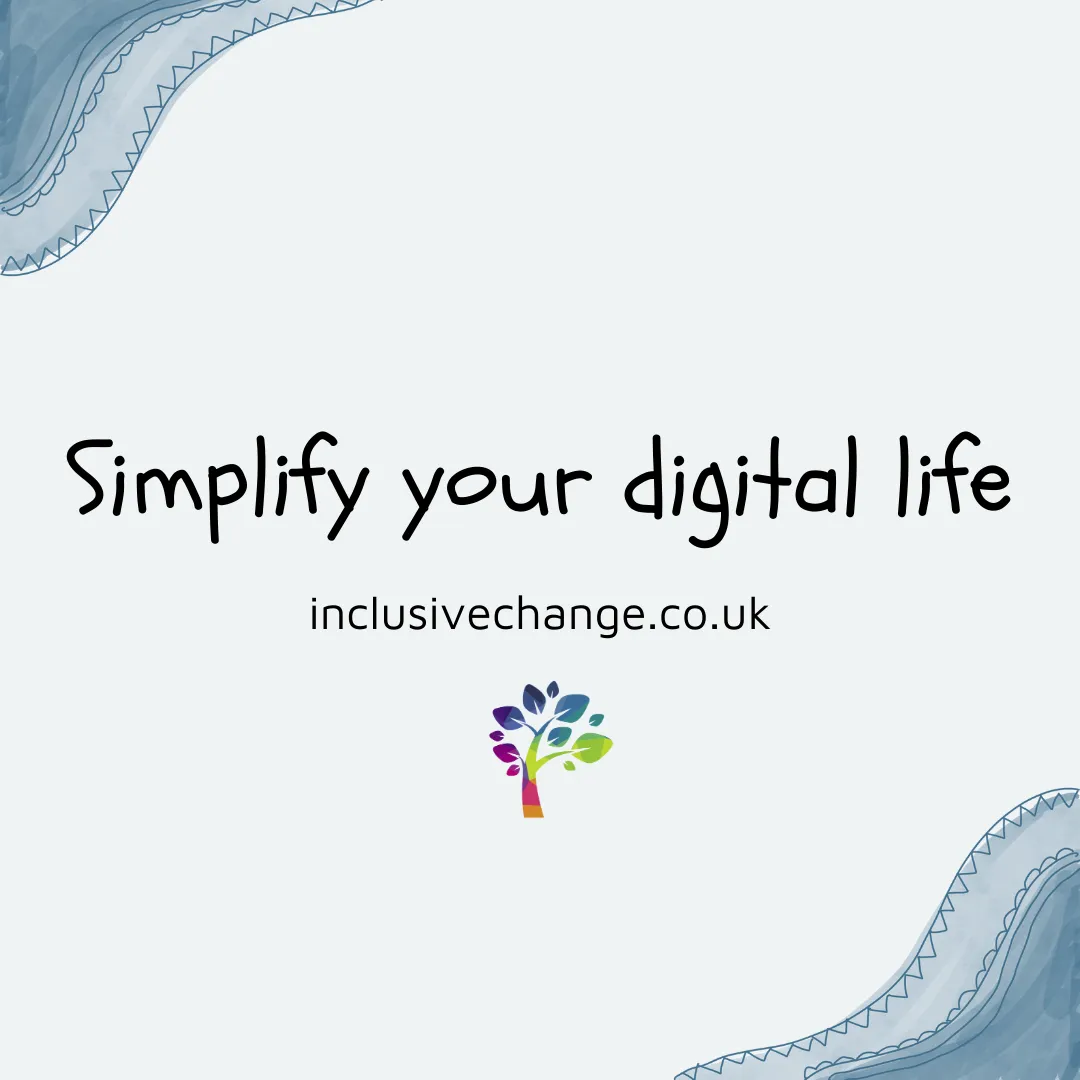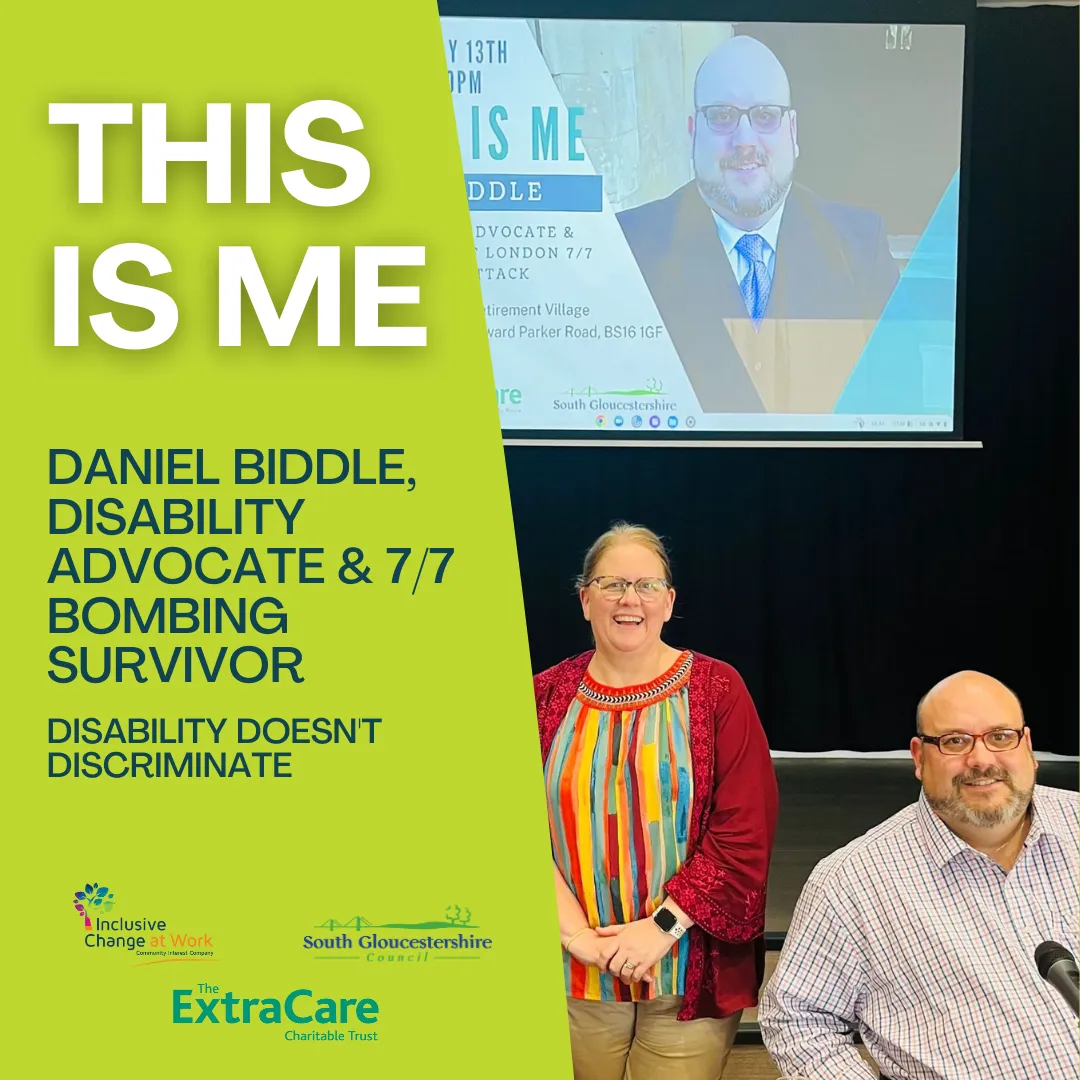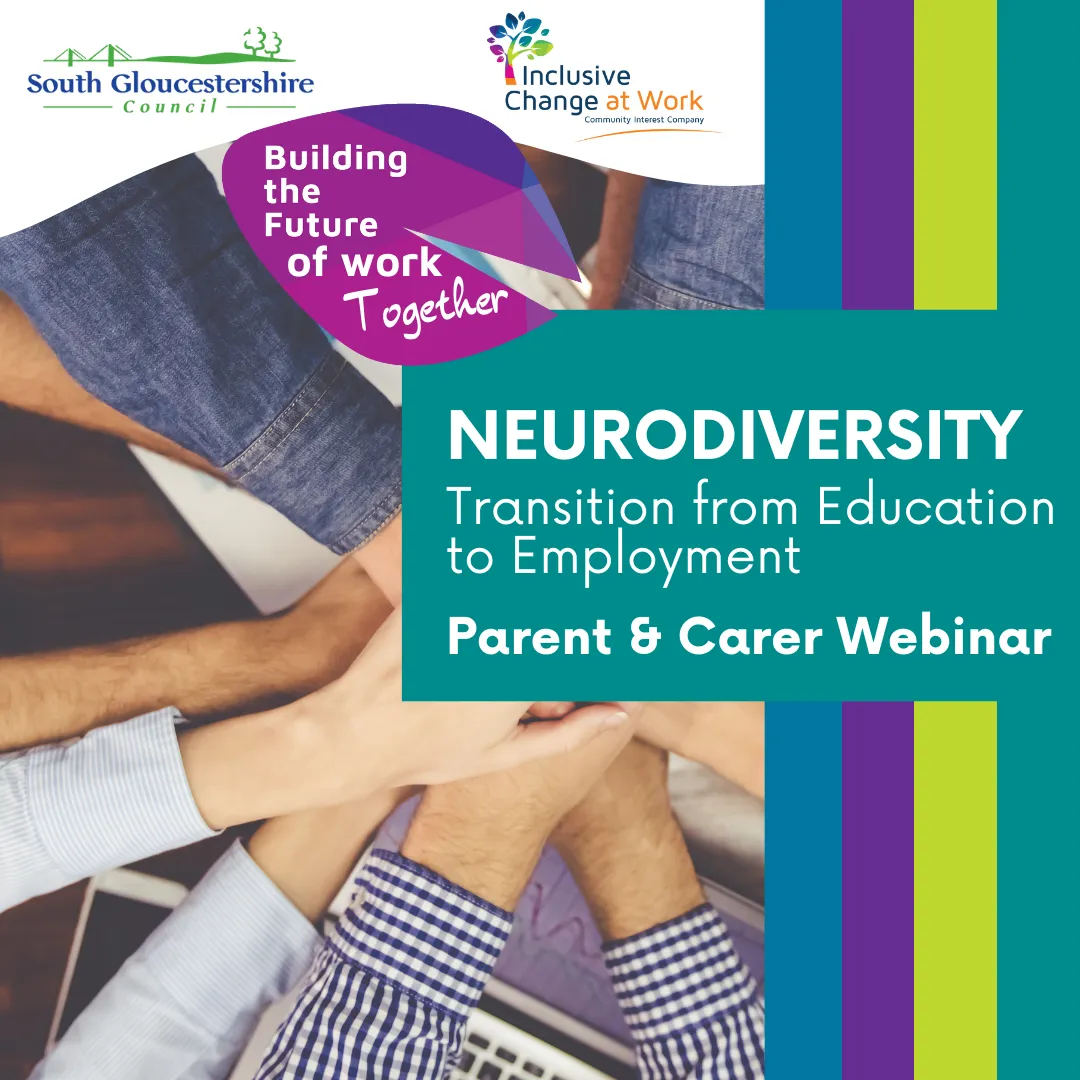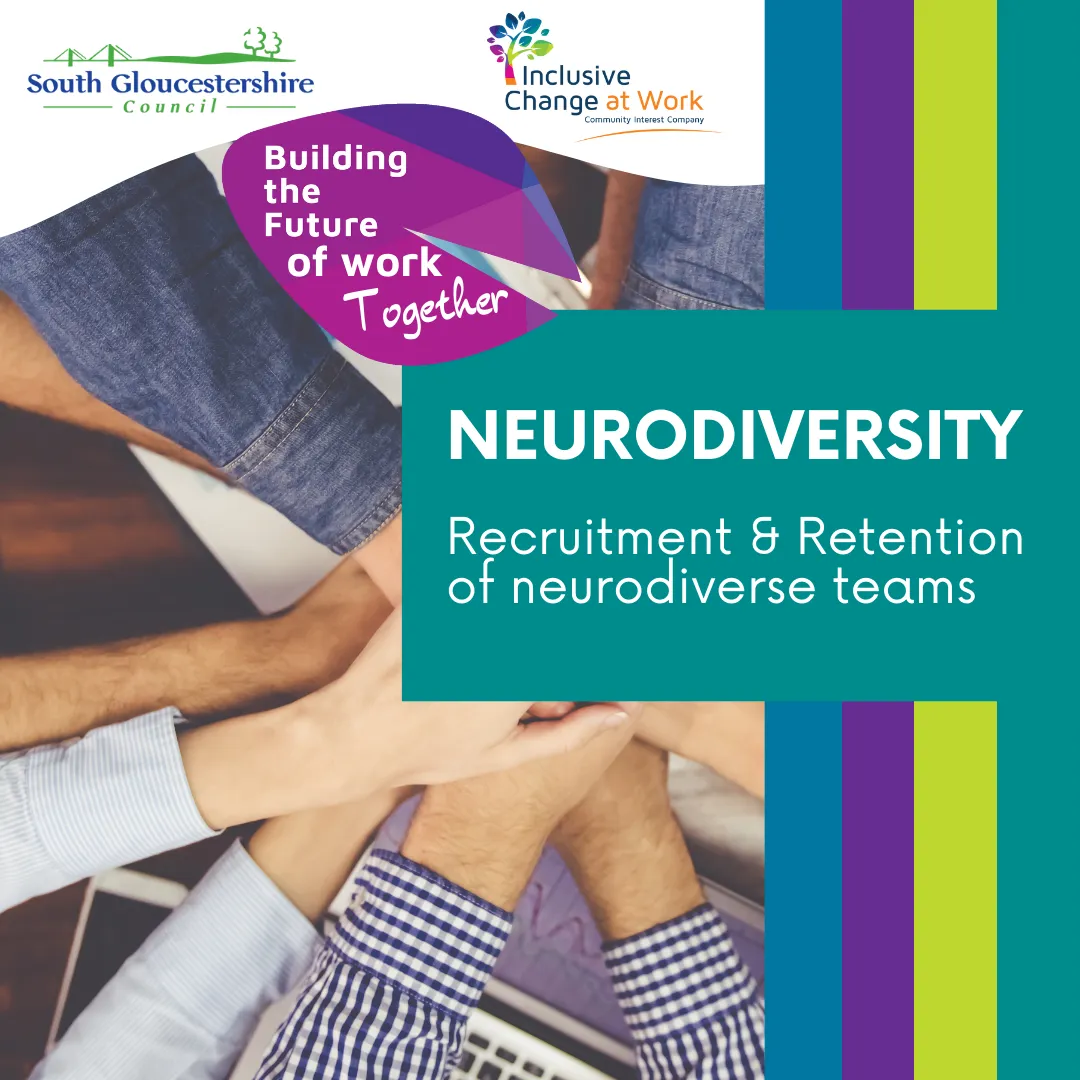Take a look at our
Upcoming Events
With Inclusive Change
We host events in our local community in partnership with Inclusive Change At Work CIC. Take a look at the list below to find out whats on.
Our online events are designed to inform and educate. We have a range of free and on demand events online.

Our team are experienced speakers and can be booked to educate and entertain at your next event - get in touch to find out how we can help.
Important Dates in our Calendar

March 2026
11th - Start the Conversation - FREE Webinar, Red Flags and Reasonable Requests, Online
16th - Together For SEND, We The Curious, Bristol
16th-20th - Neurodiversity Celebration Week, Online events
April 2026
All Month - World Autism Acceptance Month, Online and in-person events globally
29th - Start the Conversation - FREE Webinar Neuro-Inclusive Recruitment, Online
May 2026
11th-17th - Mental Health Awareness Week, Online
20th - Start the Conversation - FREE Webinar Neuro-Inclusive Recruitment, Online
Start the Conversation Lunch & Learn Series:
FREE Webinars on Neurodiversity at Work
Shape the future of your organisation with practical insights, real examples, and strategies you can put into action straight away. Join our free lunchtime webinars and get a small taste of what we are about.
Following the success of the series in 2025, we are re-launching it from the beginning starting in February 2026. Perfect for those who missed them the first time around, and anyone who wants a quick re-fresh.
Re-Visit our Past Events
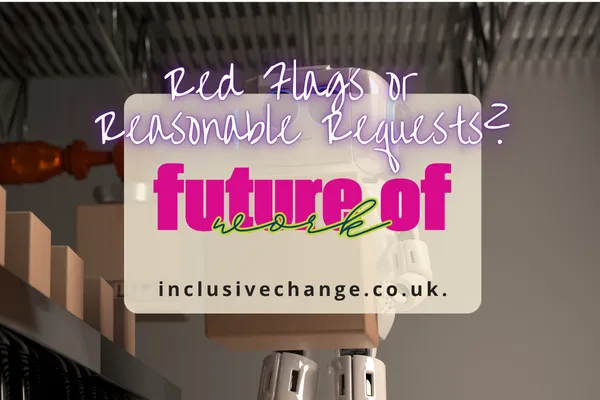
BSides Bristol - 5th & 6th September
Lucy Smith joined day one of BSides Bristol as she explored the future of work – spotting red flags, recognising reasonable requests, and reframing adjustments as smart strategies for building high-performing, future-ready cyber teams.
Click on the button below to access Lucy's top ten tips for inclusive recruitment.
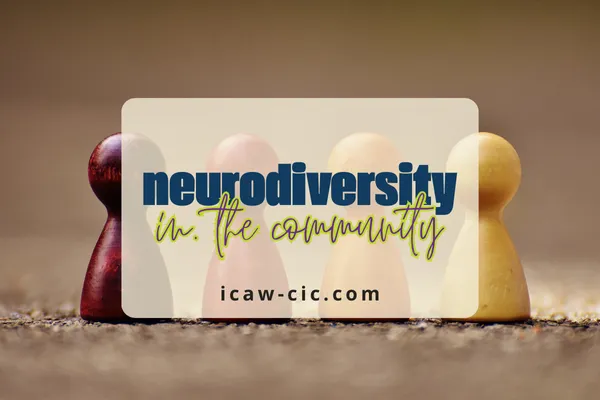
Inclusive Change at Work - In the Community
From January to March 2025, our sister community interest company, Inclusive Change at Work CIC, hosted transformative workshops to promote understanding and inclusion for neurodivergent individuals and their families.
We gathered at Emersons Green Village Hall for expert-led sessions that offered practical strategies and a welcoming space for learning and growth.
Visit our recap page for more information about the sessions plus useful links and articles.

Building the Future of Work, Together
Throughout 2024 and early 2025, we hosted a series of live webinars and in-person workshops focused on supporting neurodiverse and disabled young people in the workplace. These sessions helped businesses understand the value of neurodivergent talent, while also offering guidance to parents and carers on career opportunities and support for their young adults.
You can catch up on everything via our recap pages - watch the recordings, explore helpful articles, and grab some free resources too.
Our Event Blog - Where we've been, what we've learned
Sharing our experiences, insights, and standout moments from industry events

Why ADHD at Work is Everyone’s Business: What the “Keep Britain Working” review and ADHD Taskforce report mean for you
Why ADHD at Work is Everyone’s Business: What the “Keep Britain Working” review and ADHD Taskforce report mean for you
Introduction
As an HR or inclusion leader, you’re used to balancing business performance, wellbeing and compliance. But a twin wave of national reports is telling us it’s time to place ADHD firmly on the agenda.
On one hand there’s the Keep Britain Working Review, calling on employers to step up in tackling health-related worklessness. On the other, the Independent ADHD Taskforce Report highlights how poorly ADHD is recognised, diagnosed and supported - and how that impacts employers, productivity and inclusion.
I have been reading the reports this week and talking about them in training sessions as they are so relevant to the workplace right now. I have long believed that we are experiencing a crisis in the workplace due to burnout and overwhelm (and thats everyone not only neurodivergent staff) which is leading to a productivity crisis for employers. As a small business owner and employer myself I see and experience this from both sides - and personally.
Together, these reports underline something many of us in this field have known for years: neurodiversity isn't a side conversation - it's central to the future of work.
What the reports say
Keep Britain Working
The review identifies a growing health-related worklessness crisis in the UK and points to a shared responsibility model: employers, government, health and social supports must all play their part.
It suggests that hidden health issues - including neurodivergence - are undermining retention, engagement and capability in a way that cannot be ignored.
According to the Keep Britain Working Review (Department for Work and Pensions, 2025), employers must take a proactive role in tackling health-related worklessness.
ADHD Taskforce Report
The Taskforce points out that ADHD is: under-recognised, under-diagnosed and under-supported.
The Key take-aways are;
Many adults with ADHD may still be waiting for diagnosis or support.
There’s a call to offer needs-led support ahead of or without diagnosis.
The report identifies significant cost implications for non-support: dropout, unemployment, mental health, workplace exits.
“What these new reports highlight is what I’ve been hearing in every training room for years - managers are already facing neurodiversity every day.
They’re not resistant; they’re uncertain. These reports validate that uncertainty and turn it into a national call to act.”
When I first started talking about neurodiversity in the workplace seven years ago, waybefore that pandemic, I often said that the conversation wasn’t about future trends - it was about Gen Z’s lived reality (Although it also transpires that many other generations are also speaking up about their own experiences).
Gen Z grew up talking openly about mental health, identity and inclusion. They expect employers to understand difference, not to pathologise it.
In my workshops, managers regularly say,“I just want to do the right thing, but I don’t know what’s reasonable.”
These reports give them permission, and responsibility, to start with empathy and evidence, rather than waiting for perfect systems or diagnosis letters that may never come.
What this means for employers
Together, these reports send a clear message:
ADHD is not just a clinical or educational issue, it affects work, careers and organisations.
Employers cannot wait for perfect diagnosis or paperwork; the emphasis is shifting to what needs a person has and what you can do about it.
Doing nothing is a risk: performance issues, turnover, disengagement and legal exposure are part of the cost – and as the reports show, those costs are high.
Practical next steps
If you want to take action here are some tips for what to do now...
Review your workforce data: how many staff are reporting mental health, attention, focus or executive function issues?
Check your policies and manager training: are ADHD and neurodivergence included in your inclusion, performance and adjustment frameworks?
Start the conversation: get line-managers comfortable asking “What gets in the way of you doing your best work?” rather than “What’s wrong with you?”
Ask for help: ensure HR, inclusion and occupational health are aligned on how to support “suspected” or “undetected” ADHD, not only the formally diagnosed.
These reports don’t just confirm what’s happening, they legitimise what inclusive employers have felt for years: the system may be slow, but your response doesn’t have to be.
Find out More
If you’re ready to build manager confidence, create inclusive adjustment-pathways and align your policies with the latest national research, then we’d love to support you.
I am running a FREE Lunch & Learn on 11th November 2025 called “Red flags or Reasonable Adjustments” you can sign up here:
https://www.inclusivechange.co.uk/stc---red-flags-and-reasonable-requests
And if you are looking for bespoke training for your team get in touch today to discuss our training offer for line-managers and HR teams.
Your Questions Answered
Q1: What is the Keep Britain Working Review?
The Keep Britain Working Review (Department for Work and Pensions, 2025) examines the UK’s health-related worklessness crisis.
It calls on employers, government and healthcare to share responsibility for helping people with long-term or hidden health conditions stay in work.
Read it here: Keep Britain Working Review – GOV.UK
Q2: What did the ADHD Taskforce Report (2025) recommend for workplaces?
The Independent ADHD Taskforce Report from NHS England highlights that ADHD is under-recognised and under-supported across the UK.
It recommends a needs-led approach — meaning employers should provide support and reasonable adjustments even before formal diagnosis.
Read it here:ADHD Taskforce Report – NHS England
Q3: Why does ADHD awareness matter for employers?
ADHD affects focus, executive function and time management, all crucial workplace skills.
Supporting employees through small, practical adjustments improves retention, wellbeing and productivity, while reducing legal and reputational risk under the Equality Act 2010.
Q4: What are “needs-led” adjustments?
“Needs-led” means adapting the job or environment based on what an employee needs to perform well, not waiting for medical paperwork.
Examples include clear instructions, quieter workspaces, flexible start times, and written follow-ups after meetings.
Q5: How can Inclusive Change Ltd help?
Inclusive Change Ltd is a UK-based neurodiversity consultancy working with employers across Bristol, Devon, the South West and nationwide.
We help HR teams and line-managers understand ADHD, build confidence, and apply fair decision-making through our Red Flags or Reasonable Adjustments training and Start the Conversation Workshops.
Join our next session: https://www.inclusivechange.co.uk/stc---red-flags-and-reasonable-requests

Free Resources - Short Courses & Webinars
Want easy access to all of our free resources? Click on the link below to register and you will get access to all of our free stuff in one place.
We are always adding and updating the list and will notify you when we drop new content.
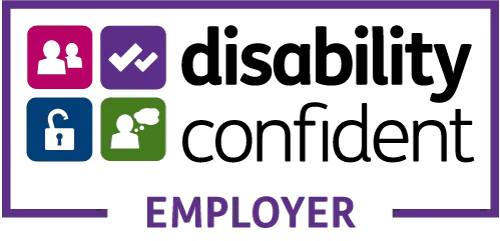
Inclusive Change Ltd
The Brightwell, Bradbury House
Wheatfield Drive
Bradley Stoke, Bristol
BS329DB
Companies House: 12412464
VAT NO: 352 1564 17
ICO Reg: ZB081779
UK Register of Learning Providers: 10090652
Reg no: 12412464

